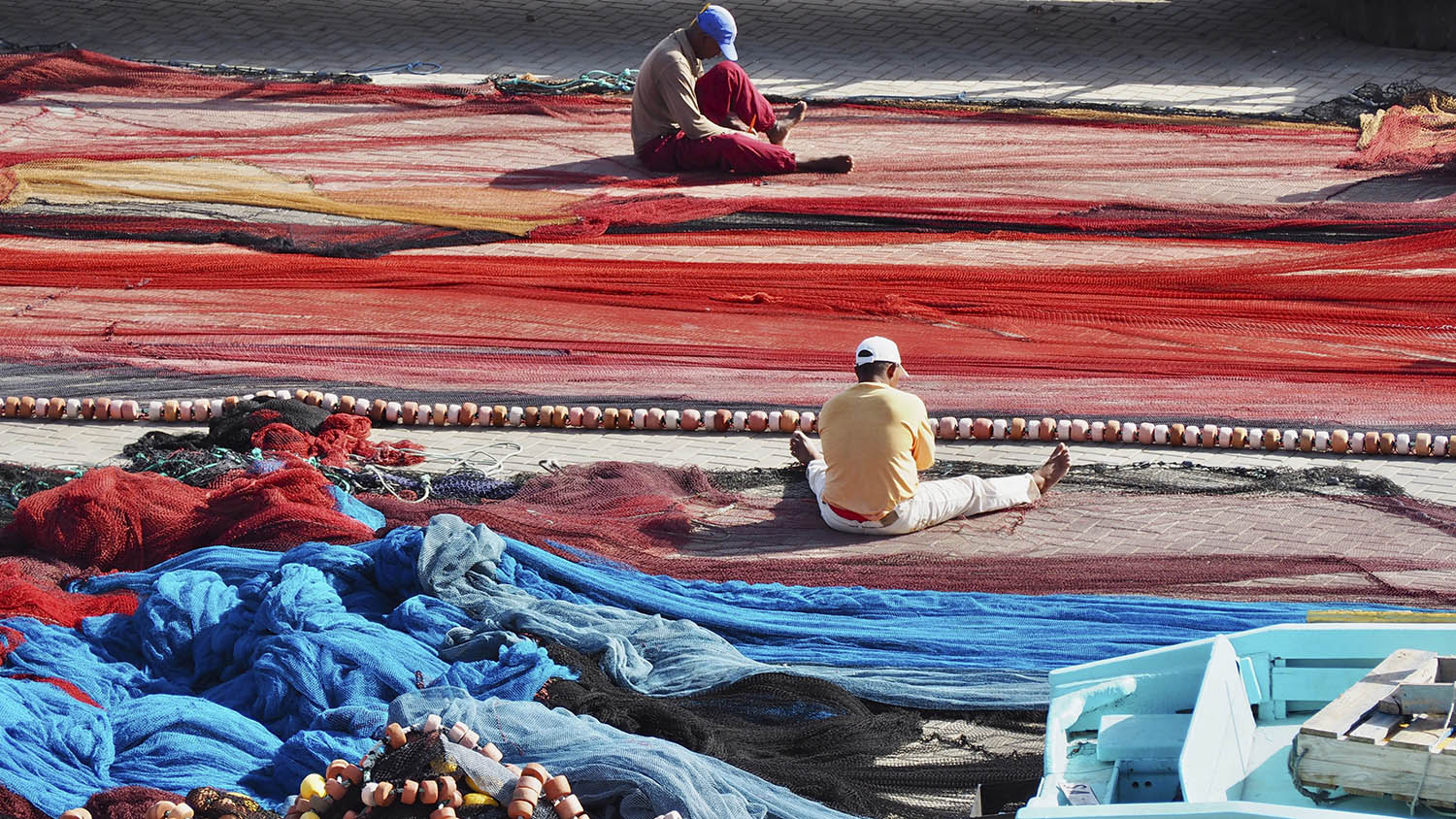Copyright : Laboratoire LEMAR- 2018
Northeast Brazil is one of the most densely populated regions on the Brazilian coast, with marine resources intensively exploited by a multi-gear and multi-species artisanal fishery. It is a region of low productivity, but high biodiversity whose coastal habitat is composed of an interconnected mosaic of coral reefs, mangroves and meadows, which is under the influence of two main surface currents formed by the bifurcation of the South Equatorial Current at about 5º-6ºS: to the South, the Brazilian Current (BC) and to the North, the North Brazil Coastal Current (NCBC). The health of these ecosystems is threatened by pollution and habitat degradation and by increasing fishing effort.
The laboratory’s activities in Brazil echo the recent observations of the “Federal Agency for the Evaluation of Brazilian Research and Higher Education Programmes” (CAPES) highlighting 1/ a desire for greater internationalization of local centres, 2/ the development of hitherto unexplored or non-existent oceanographic fields in universities in the region or even in Brazil. Our activities are part of a largely multidisciplinary research, combining the natural sciences (from physics to biology) with the human and social sciences.
At the scale of the North-East region, the aim is to provide new observations, in particular to provide qualitative and quantitative information on exploited and untapped species and to improve understanding of the spatiotemporal dynamics of physical, biogeochemical and ecological processes. More specifically, LEMAR is involved in the ecosystem acoustic approach to observe ocean structure and dynamics at various scales, from physical structures to biotic components, as well as the study of food webs by analysis of stable isotope compositions and ecosystem modelling.
LEMAR’s research is also located in the tropical Atlantic and aims to promote exchanges between scientists on both sides of the Atlantic on issues that are relevant to both sides, such as marine spatial planning and marine spatial planning. The approach compares information provided by the natural sciences to understand ecosystems, environmental law texts and uses in order to develop planning tools to reconcile human uses and conservation.
Training through mentoring, but also through summer schools, additional mentions added to the curricula of masters and doctoral students at Brazilian universities, is also an essential part of the LEMAR activity in Brazil.
Our research is carried out in part within the framework of the TAPIOCA International Joint Laboratory. And particularly of its axis 1 of which Anne Lebourges-Dhaussy of LEMAR is co-PI with Alex Costa Da Silva (UFPE) and Fabrice Hernandez (IRD/LEGOS).







